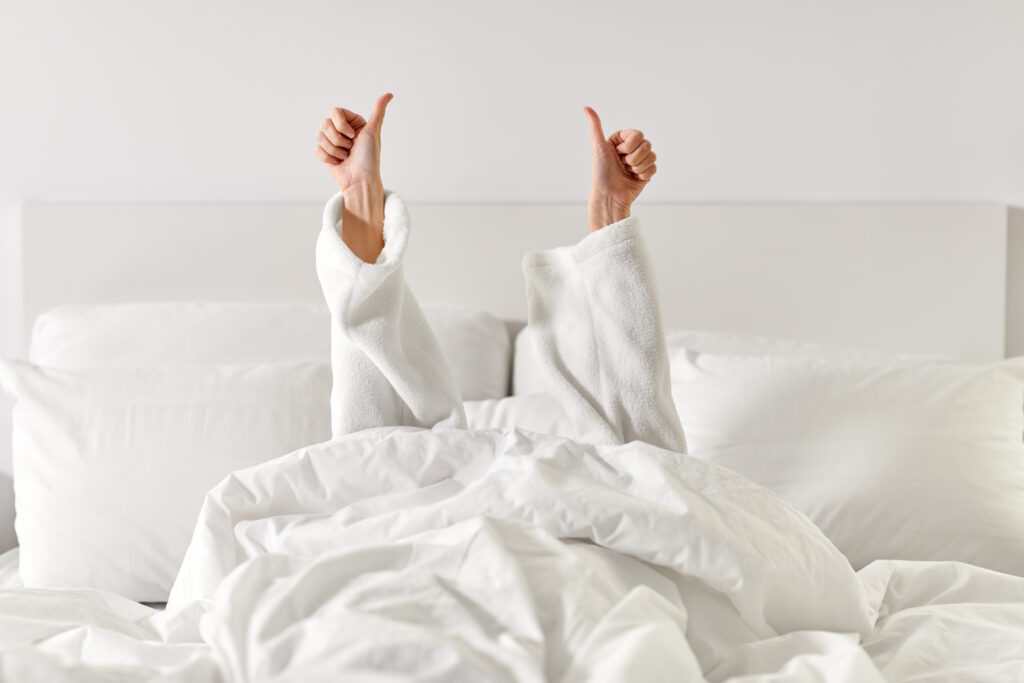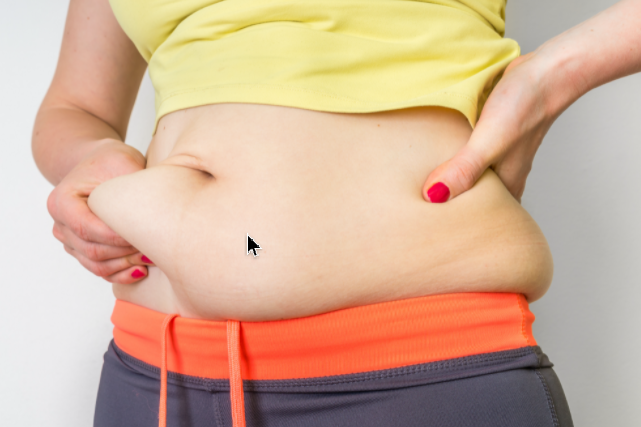Why You Should Always Go to Bed On Time

Today’s blog is another crucial reminder to stop skimping on your sleep if you can help it. If you work a very busy job with lots of responsibility, your post-work wine and TV hours are usually a precious window of time to shut your brain off, relax, and decompress. It can be very tempting to […]
Stress & Weight Gain

STRESS! Oh my, we all have our share of it. Whether it’s work stress, relationship stress, worry about your family or simply stress about current world events, there is plenty to go around, and it can wreak havoc on your health. We are very aware of how stress affects us mentally–causing anxiety and depression, substance […]
Are You Sleeping?
Hormones, Exercise and Sleep Few things are as beautiful as the rays of the morning sun. The first light of morning is energizing and motivating. Unless you’ve been awake half the night -like me. Here, the morning light just means that you didn’t get enough sleep. Again. As soon as those first rays hit your […]
Time Management in the Time of COVID

In any situation, good or bad, an opportunity-focused mindset will allow you to look for the lessons, the opportunities or the upside that lies within. While the Covid pandemic has been challenging for some and even devastating for others—we encourage you all to think about the positive ways in which this experience has affected your life […]
The Importance of Sleep
By now we should all be aware of the importance of sleep and the negative effects of not getting enough of it. Research is now finding that sleep is vital for warding off disease. Lack of sleep can make us more venerable to numerous health risk including obesity, Alzheimer’s, diabetes, and depression to name a […]
Want to Improve Your Fitness? Sleep!
Want to Improve Your Fitness? Sleep! When we are training hard, most of us focus on more reps, heavier weight, longer runs, or twice-a-days to see progress. But what if I told you that sleeping more might be the better option for making gains in strength, decreasing your times, and looking better overall? […]

